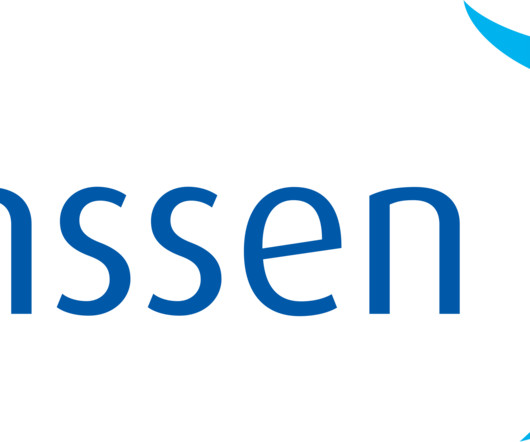On Sale Bar – Sales require Consideration, not necessarily Money Payment
Patently-O
MAY 2, 2022
The “on sale bar” prohibits patenting an invention that was placed “on sale” prior to the application being filed. 126 (1877) (delay excused by “bona fide effort to bring his invention to perfection, or to ascertain whether it will answer the purpose intended”). ” Pfaff v. Wells Elecs.,












Let's personalize your content